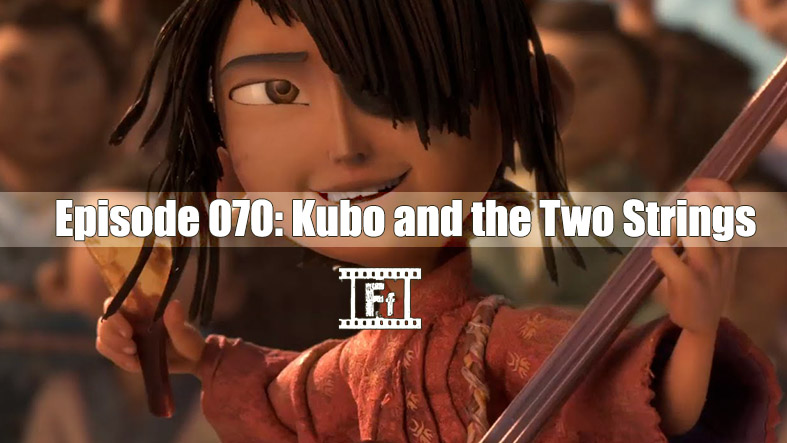Might as well get this out of the way. A Ghost Story is not going to be everyone’s cup of tea. Honestly, it’s hard for me to imagine any middle ground here. You’re gonna love it, or hate it. Personally, count me as a “love it.” The film worked for me on every happy, sad, frustrating, mournful, tedious, emotional level. Writer/Director David Lowery (Pete’s Dragon) has crafted one of the most atmospheric, surreal cinematic experiences to hit theaters in a long time.
So what happens when we die? In this universe, Lowery posits that we have a choice to make. We can move on, wherever that leads us, or hang on, searching for ways to reconnect with what and who we’ve left behind. In A Ghost Story, our leading man is known only as C (Casey Affleck), and he’s chosen door #2 after a sudden death leaves him caught between this world and whatever comes next. He has left behind M (Rooney Mara), broken by the grief she feels over C’s loss. What transpires over the course of the next hour plus is a deeply affecting emotional journey designed to make the viewer feel….something. Your milage may vary on what that something truly is.
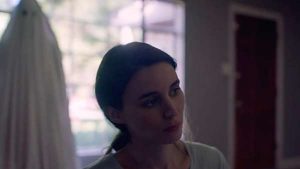
The film is shot with the intention of making things awkward and frustrating. You are expected to react, positively OR negatively, but at the very least, honestly. There are a couple of ways Lowery succeeds here…
First off, with death typically comes grief; perhaps the most personal of emotional responses. How we manage grief as individuals is a variable, not a singular experience shared by the greater whole. We spend a lot of time with M immediately following C’s death, and the camera of cinematographer Andrew Droz Palermo lingers on her, sometimes for an uncomfortable amount of time. M’s emptiness- her broken soul- is palpable, and it’s sometimes difficult to fixate on her, feeling guilty for intruding in such a personal experience. There is a standout scene in which we watch M eat a pie, left for her by a neighbor. And when I say we watch her eat a pie, I mean the WHOLE pie. And I mean a solid five minutes of a singular shot as M devours this pie, and though she never looks up, we can sense her sorrow…her anger…her incessant need to do something to regain a sense of control, even if that involves something as simple as engaging in a gluttonous display of stress eating. I got more emotional resonance from this scene than I did in some full movies I’ve seen this year. It’s important to point out how affecting this scene is and how wonderful Mara is in pulling it off. For us as viewers, it serves as the point of no return regarding whether or not we’ll decide to see it all through.
Secondly, there is a concept of time which serves as the central theme in A Ghost Story. More specifically, the passage of time, and the infinite loneliness saddled within it. How, pardon the pun, haunting must it be to be caught in a no man’s land, unable to communicate with the people right in front of you, unable to do anything other than watch them move on from you. You are literally watching yourself being erased and there is nothing to be done about it. Eventually, you have forgotten what it is you were even looking for. This is how C spends his endless moments. Standing, staring, existing. Affleck doesn’t have much heavy lifting to do here. He spends the bulk of the film under a sheet with black eye holes, but somehow this never feels like a cheap parlor trick. It could’ve easily been a cheesy gimmick, like some sort of link to a Charlie Brown Halloween, but it ends up working well.
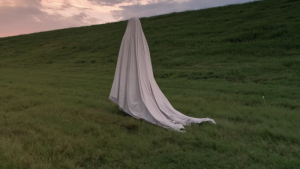
Eventually, Lowery explores some interesting ideas around time continuum, adding elements to his narrative which expand on the concept of existing with the burden of infinite purposelessness. The atmosphere, one of quiet stillness, where at times you could easily hear a pin drop, is aided by the soft, funeral score of Daniel Hart. On occasion, Lowery provides a jolt as the living world intersects with the lingering spirits on screen, and yes, I said spirits. I won’t give anything away, but yes, C might have to carry the burden of loneliness, but he isn’t always alone.
Movies like this are why the art house was invented. I’ll say this… if you can’t get yourself past the pie scene without rolling your eyes in frustration, just cut the chord and go for tacos. If you can hang on though, be prepared for an unique experience; one which may occupy your thoughts for quite a while. I’d be curious to hear from someone who has recently lost someone close, and to see how the film resonates with them. There is sadness in abundance, but also glimpses of hope, and perhaps even catharsis.
Rating:

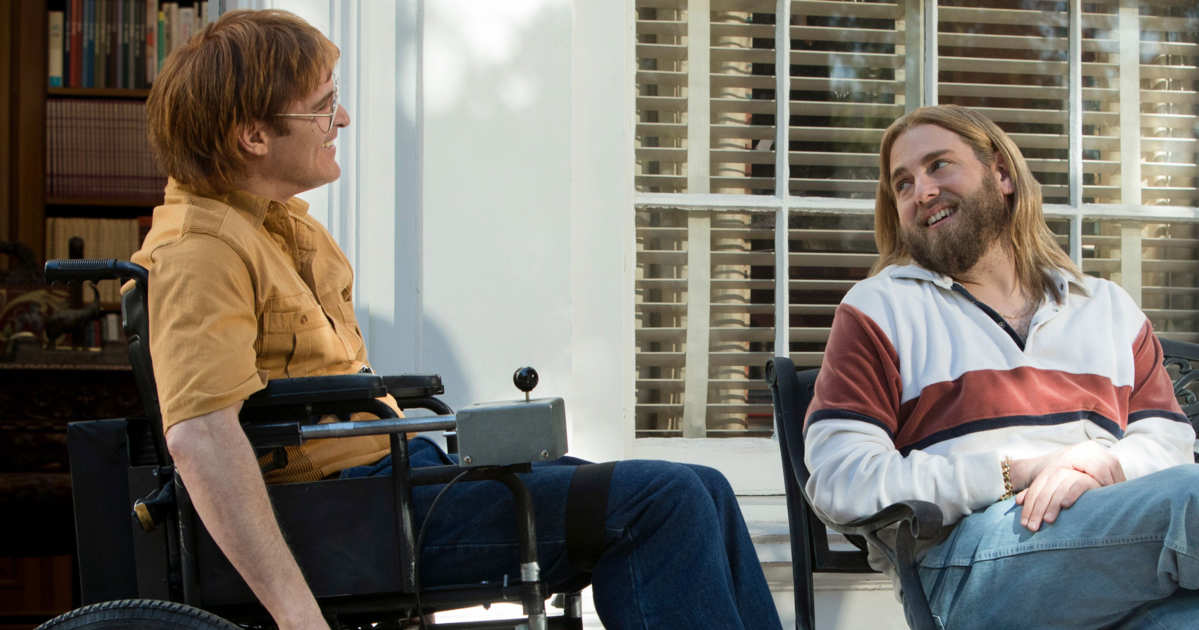

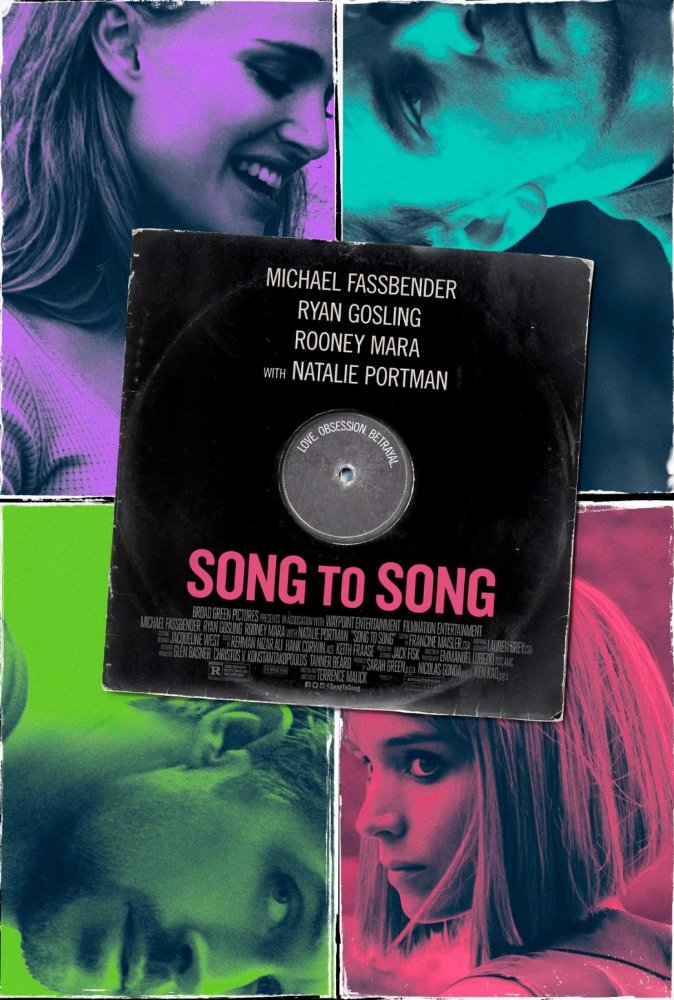
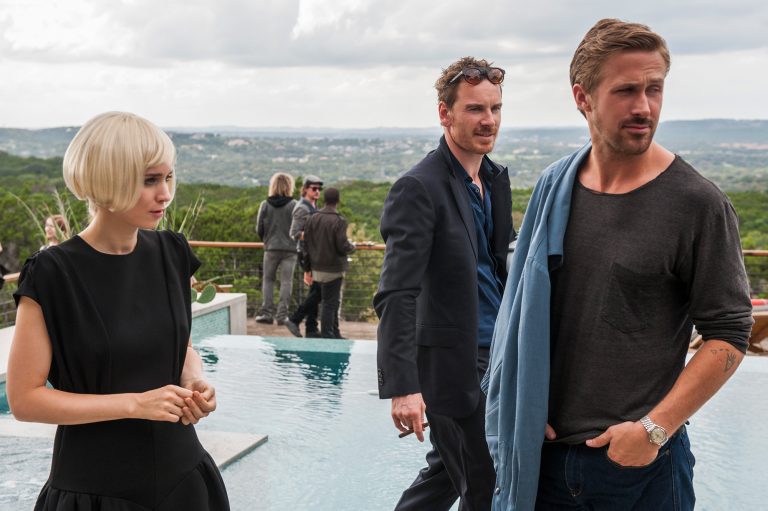
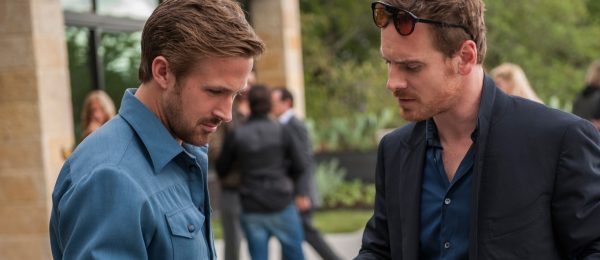
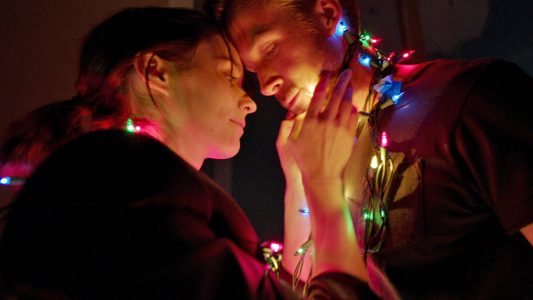
 Aaron White is a Seattle-based film critic and co-creator/co-host of the Feelin’ Film Podcast. He is also a member of the
Aaron White is a Seattle-based film critic and co-creator/co-host of the Feelin’ Film Podcast. He is also a member of the 